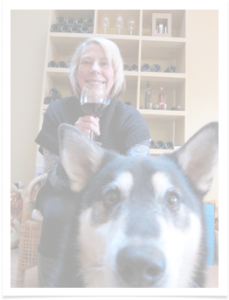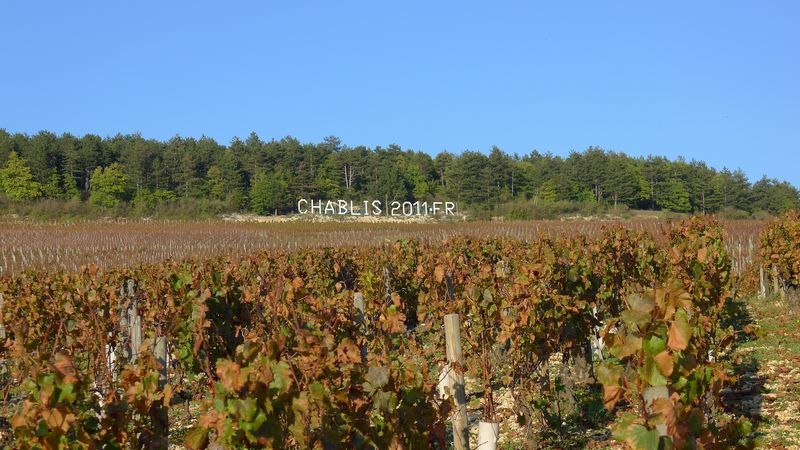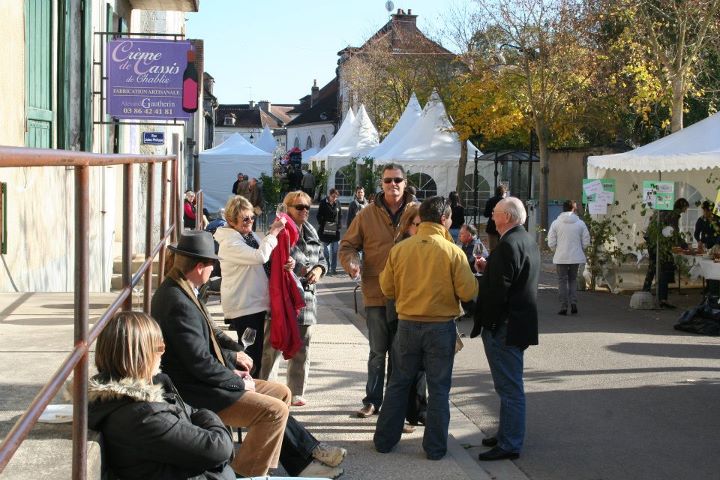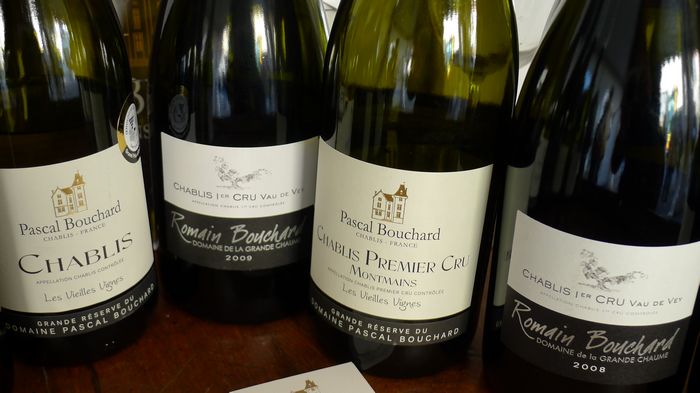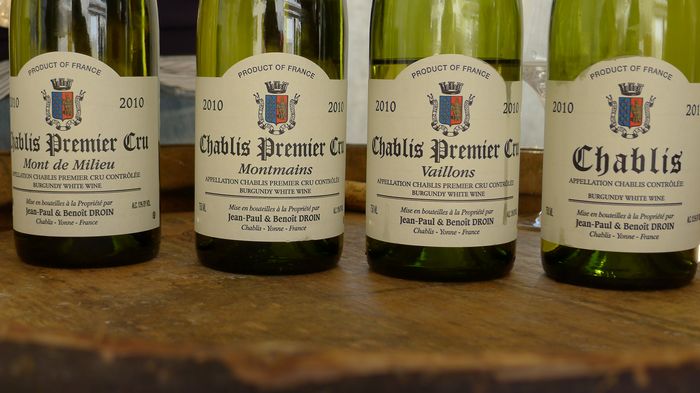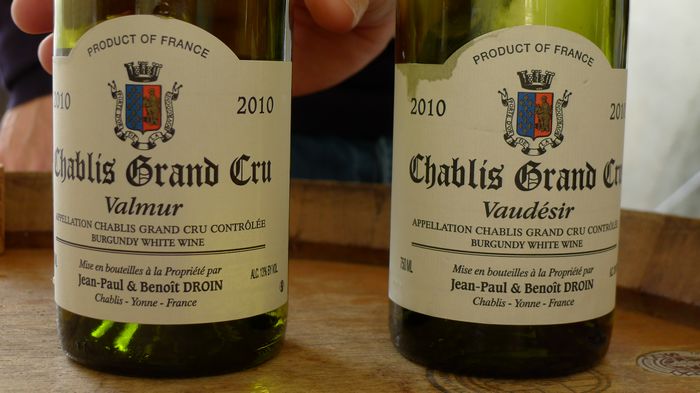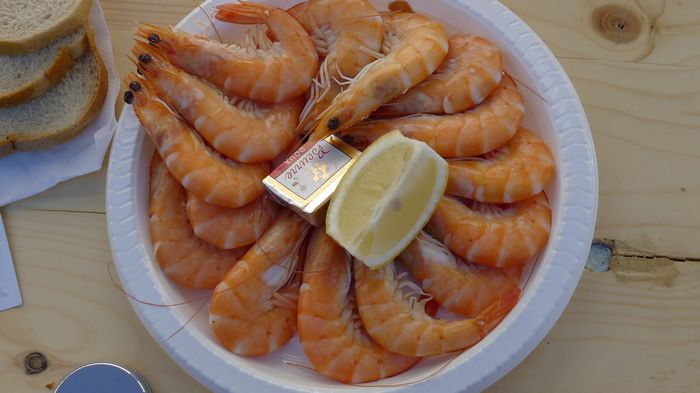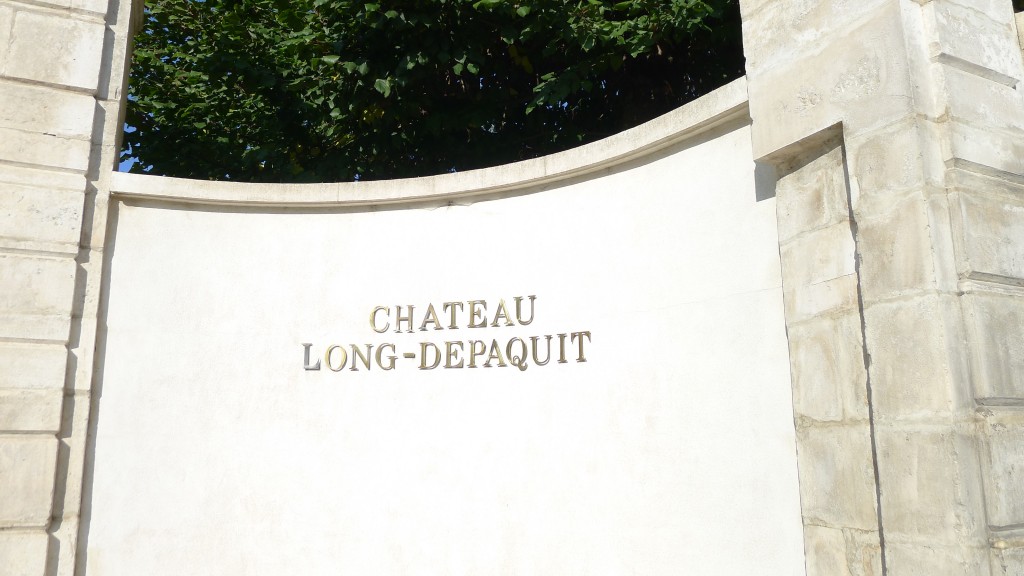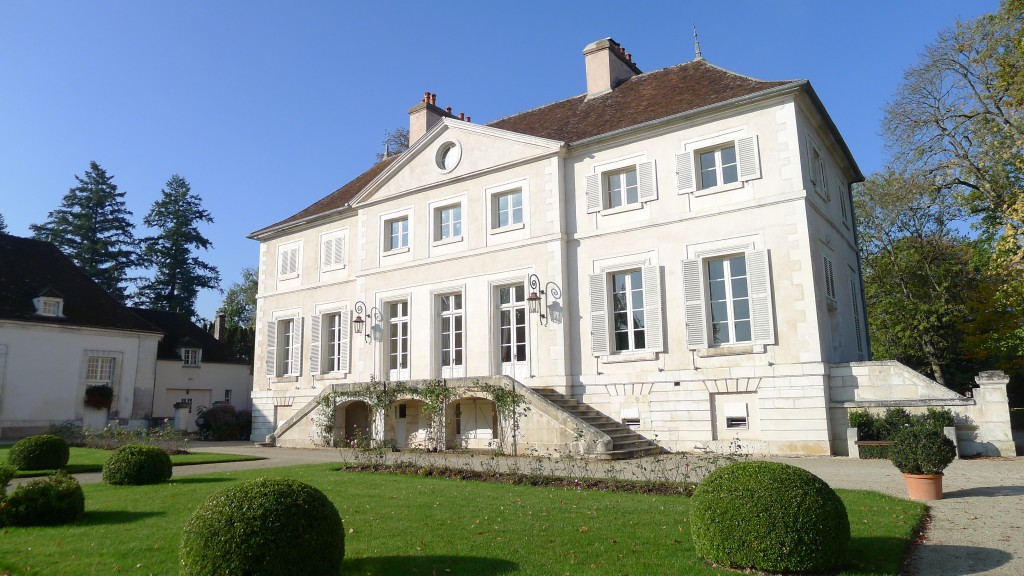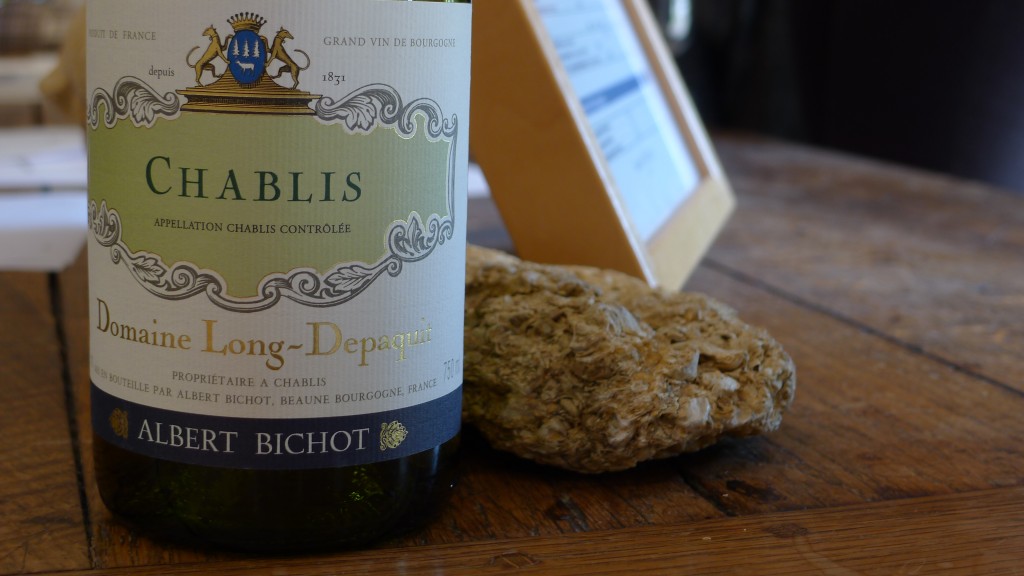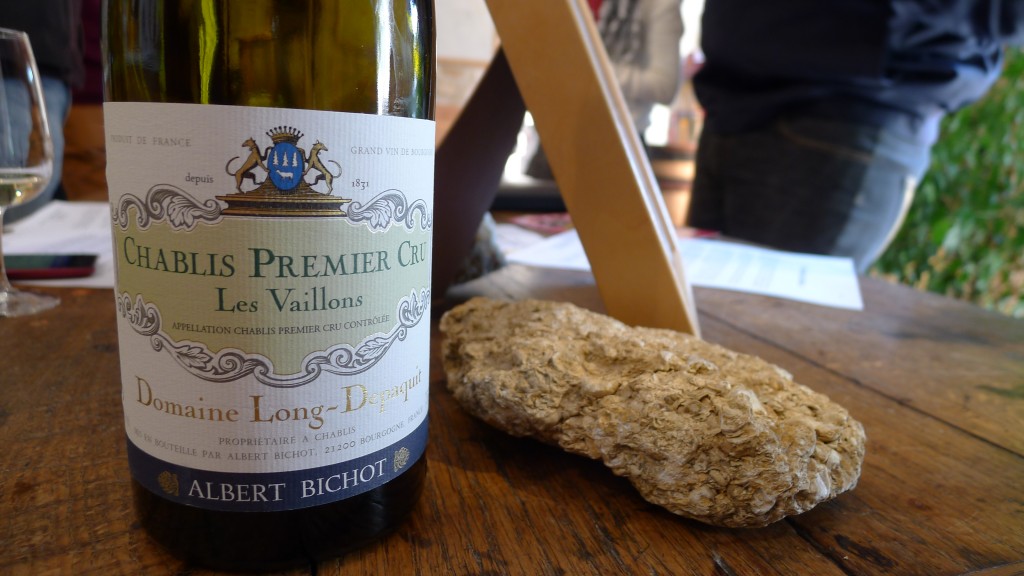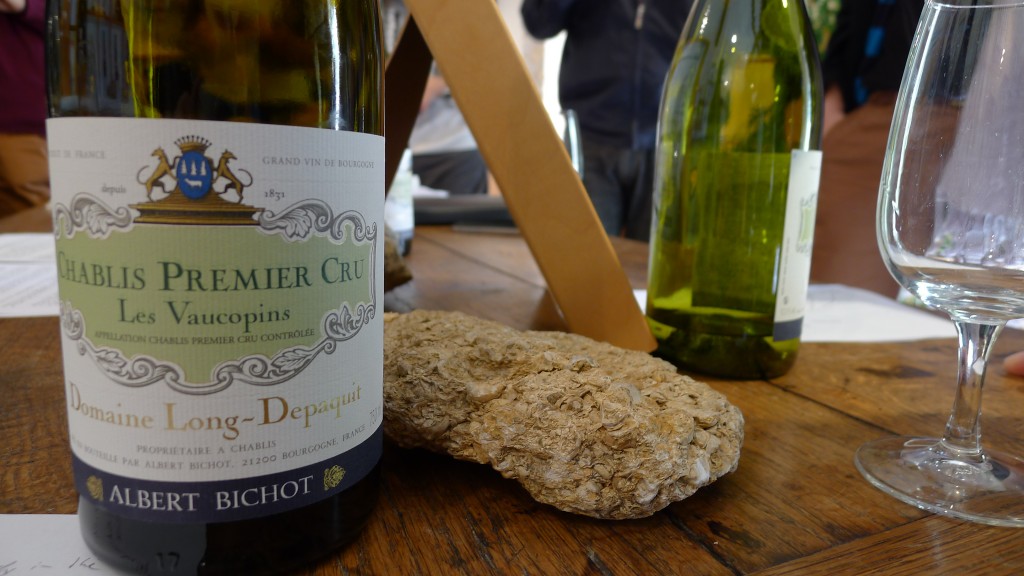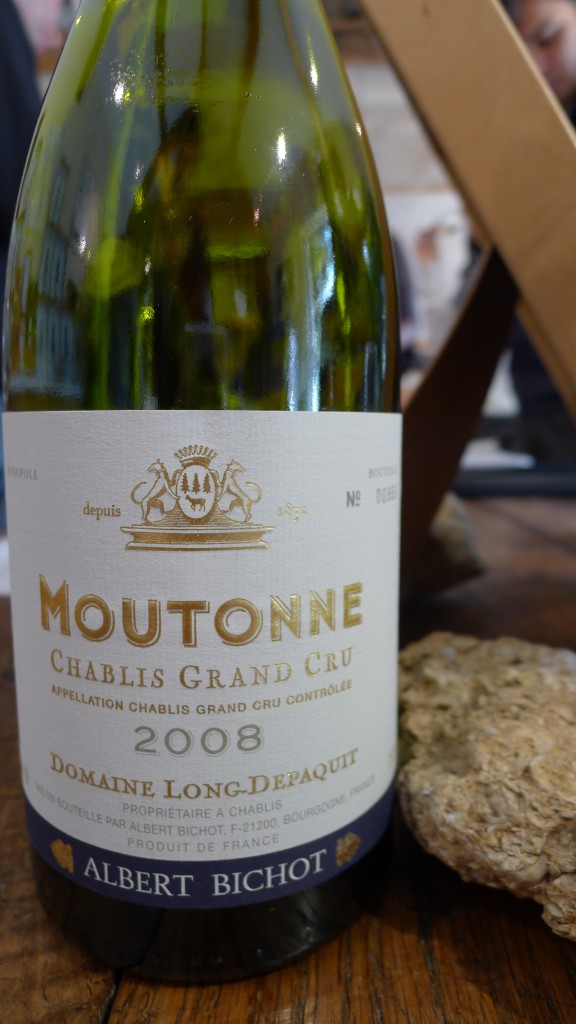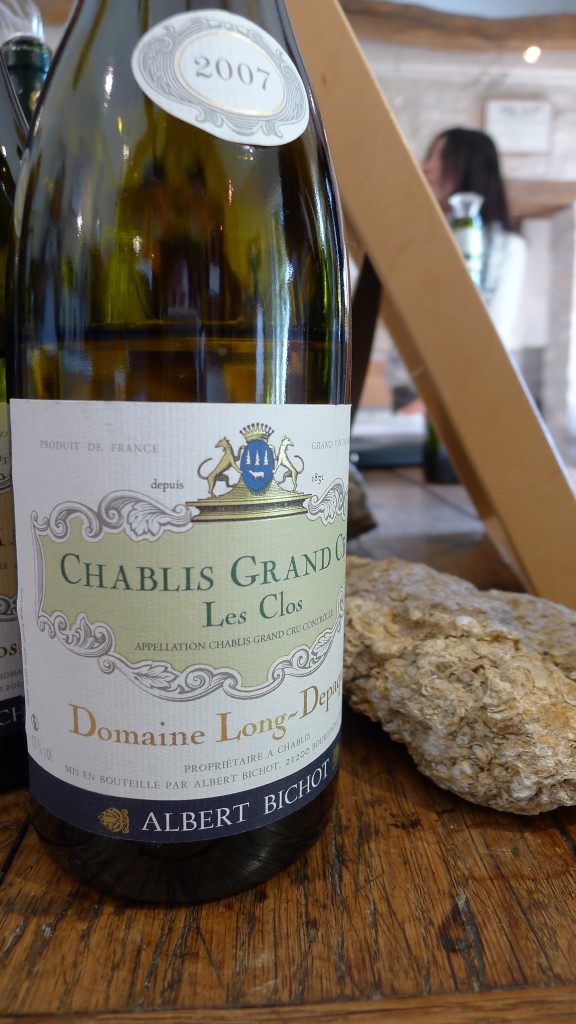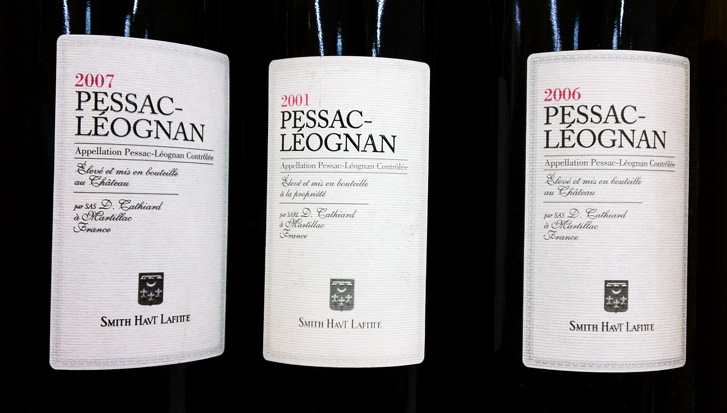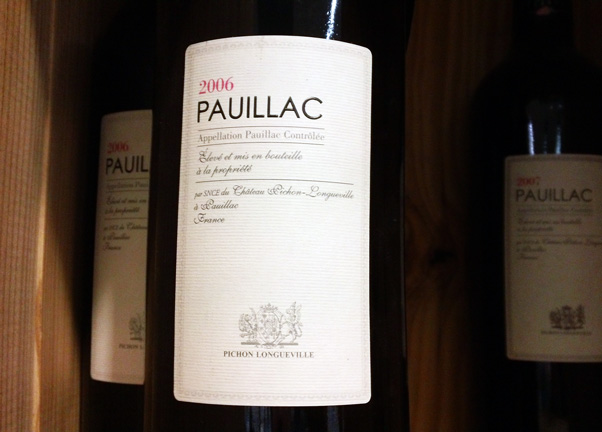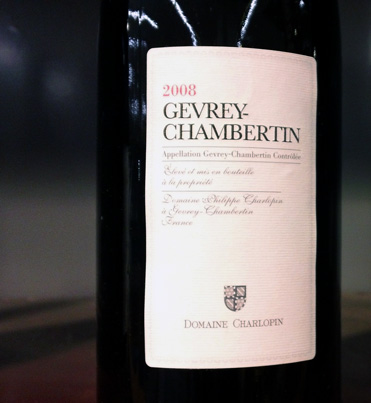Sylvia Chen
Have a glimpse online. How many wine blogs are still presenting incredibly long and fancy tasting notes? How many are just providing the old information of wine tasting, food and wine matching? Or regional wine studying?
Plenty of people wrote wine blog while making duplicates. Are these wine blogs readable? I doubt. Then it comes out another question. What makes your wine blog readable?
This October, I went to the recent European Wine Bloggers’ Conference in Italia Franciacorta. While enjoying the great food and wine, I met a great number of excellent bloggers. It also makes me to self-reflect and find answers to these questions.
Be innovative
While most wine bloggers stick to the cliché of wine, David Lowe started the tech and wine blog, Bigpinots, in mid-2010. His blog opened up a new area of wine blogging by talking about the use of social media techniques in the wine industry. He got thousands of followers on Twitter and his blog drew those fascinated by the mix of technology and wine. Interestingly, he also got a traditional wine blog before.
Canadian blogger Valerie Brockbank also innovated by creating Wine Dog Review. Her starting point was to be friendly and approachable. A wine dog could never be a wine snob. “I write from a dog’s point of view,” Valerie said. “They are just happy to be at the winery and will not try to distinguish the difference between truffles”
Be condensed
“Keep your articles short so that you will make your audience concentrated,” said George M. Taber, author of Judgment of Paris.
Gregory Dal Piaz, editor in chief of snooth.com, wrote articles twice a day with no more than two hundred words.
Be interactive
“Talk with people rather than talk at people” said Gregory. “It’s a lot of work, you have to go and you have to respond. It can also be pretty upsetting because people will call you an idiot. But if you want to be a good blogger or writer, you have to accept the critics when you are writing!”
Be authentic
Since thousands of people could get access to your wineblog, it is important to write authentically, “I think the most important thing is to keep researching,” said George Taber. “People get lazy after a while and coast on their accumulated knowledge.”
At the conference, an interesting phenomenon during the storytelling session occurred when people kept quoting the production numbers of a champagne house. The fact originated from Jason Turner, an Austrian wine writer. “I could say that because I’m sure about the fact, but what if others aren’t?” Jason said.
Luckily he got it right because this figure was tweeted several times around the world! For me, being authentic is an obligation – NOT A CHOICE.

